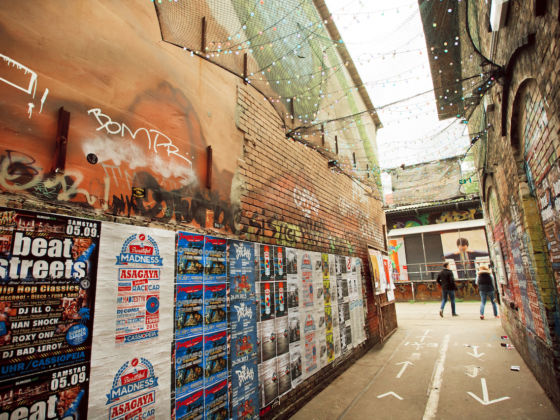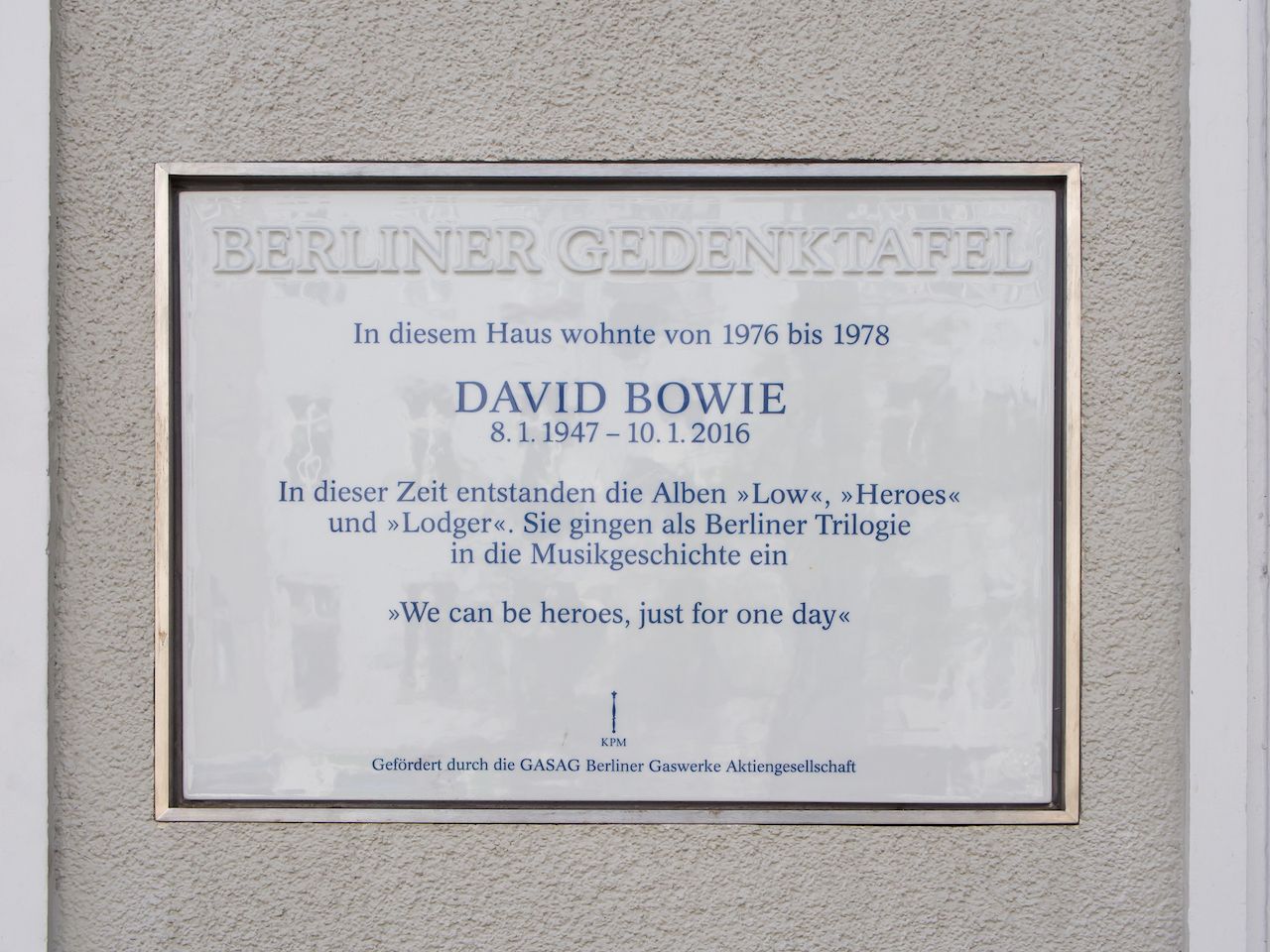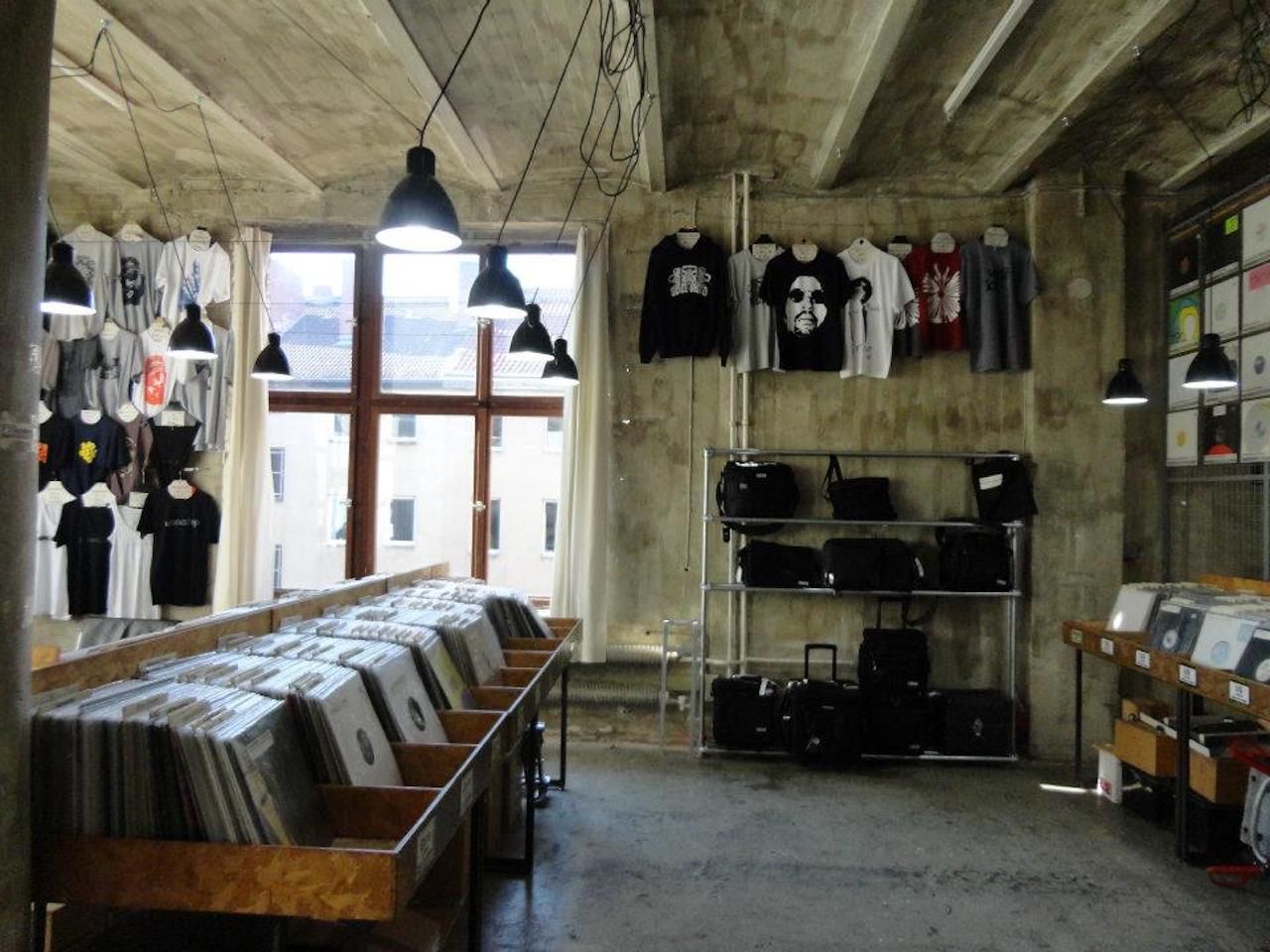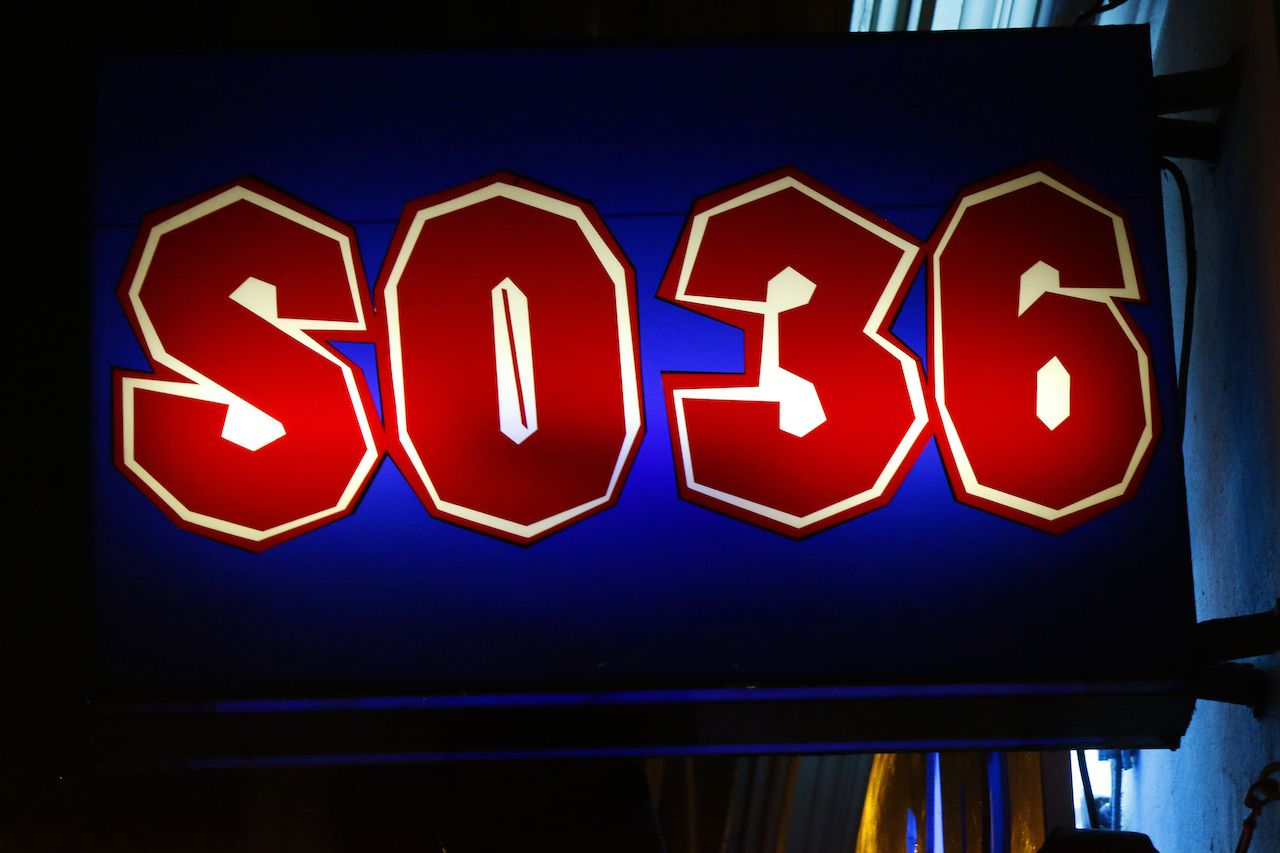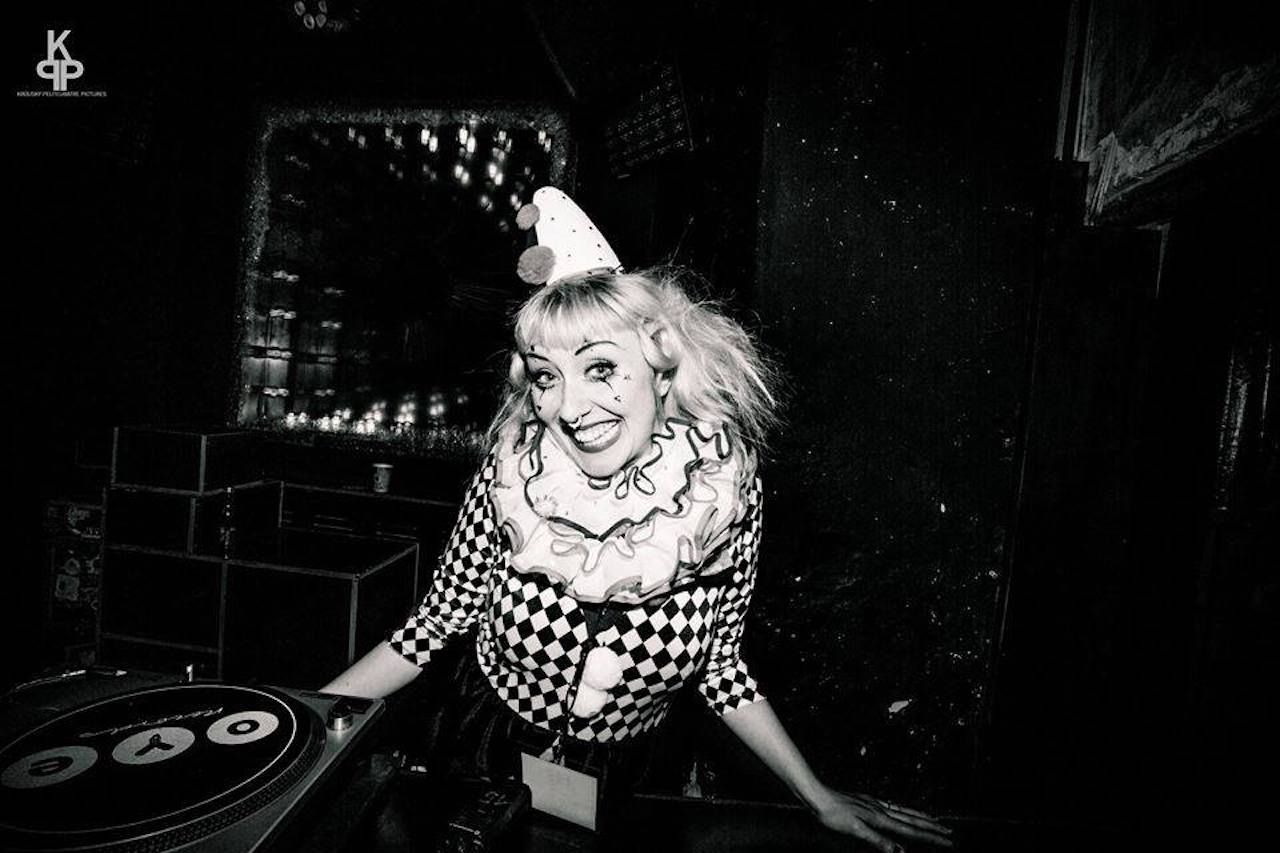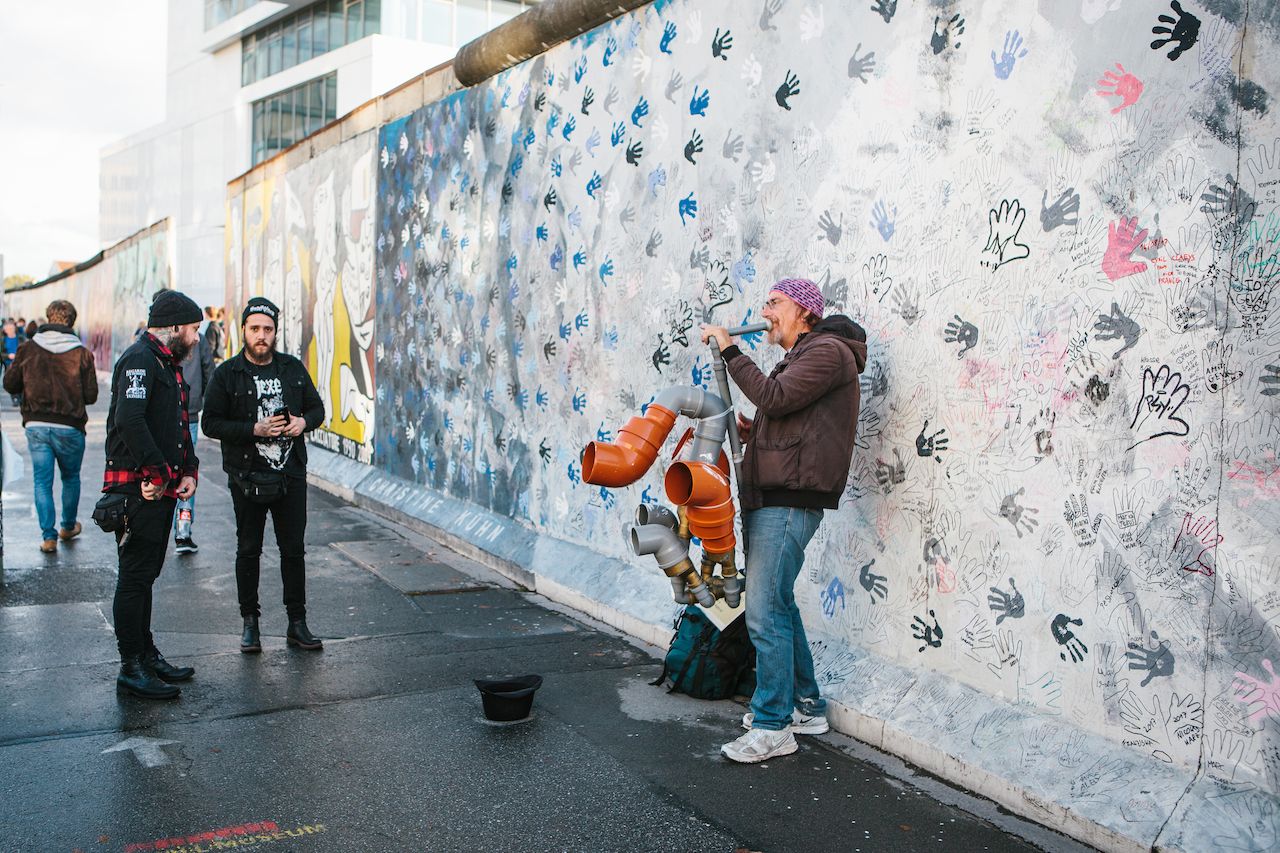The capital of Germany has been celebrated for decades as a bastion of culture and creativity, with a daring, artistic spirit going hand in hand with a history of rebellion, revolution, and renewal. Artists flocked to Berlin even in the dark days before the Fall of the Wall, trying to tap into a growing sense of defiance within certain subsets of the community and a desire to go against the grain at any cost. The grimy basement bars of the ‘70s and ‘80s became favorite haunts of international and controversial greats like David Bowie, Iggy Pop, and Nick Cave, along with politically charged German punk bands like Die Toten Hosen. Here, deep underground, beneath the shadow of the Wall, the modern-day soundtrack to a city was born.
Today, Berlin is known as a party city. It has one of the best clubbing scenes in the world and is home base for numerous creators of cutting-edge electronic music. But there’s much more to Berlin’s music scene than its justly famous temples of techno. These are some of the most unique and unmissable musical experiences the city has to offer.
